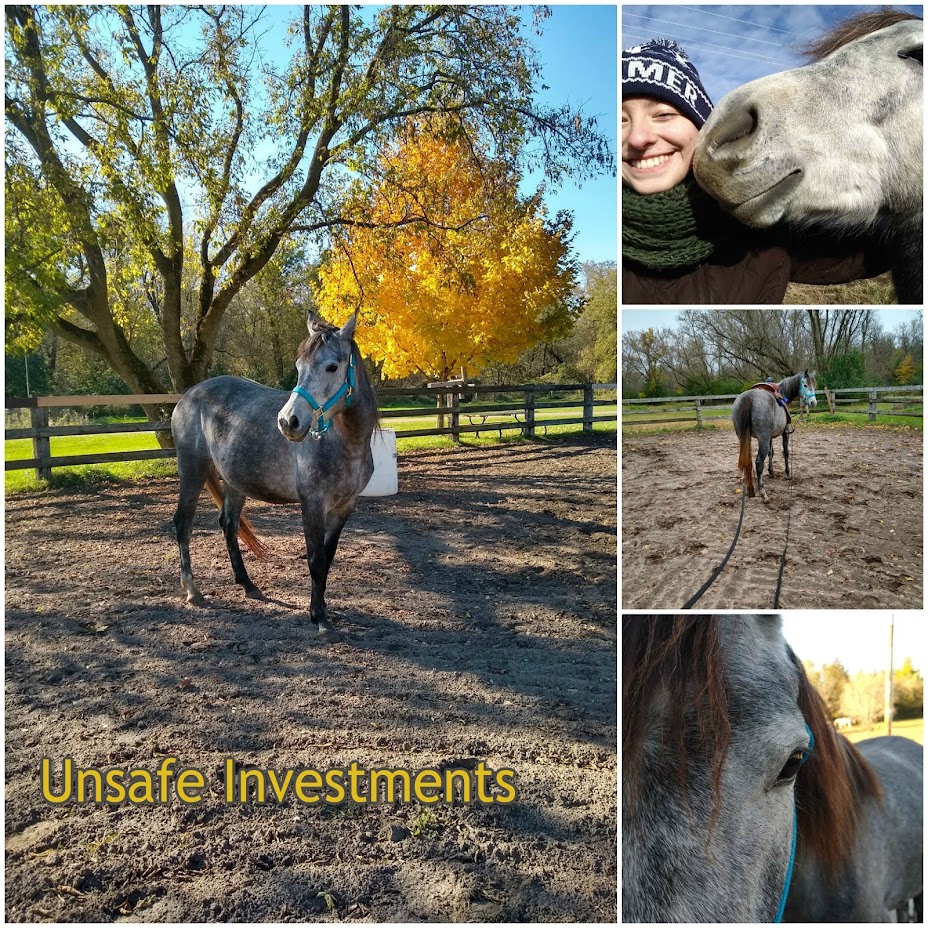Then I looked again at all the acts of oppression which were being done under the sun. And behold I saw the tears of the oppressed and that they had no one to comfort them; and on the side of their oppressors was power, but they had no one to comfort them. So I congratulated the dead who are already dead more than the living who are still living. But better off than both of them is the one who has never existed, who has never seen the evil activity that is done under the sun.
Ecclesiastes 4:1-3
I made it safely to Oregon. There are a million joyful, exciting things I have to write about Avalon, Crystal Peaks, Diabetes, and my journey through life. But right now feels like the wrong time to talk about it.
As hopeful and happy as I am to be serving here on the ranch, living a dream God placed in my heart over a decade ago, my heart is heavy.
I'm sure you know what I am talking about before I mention George Floyd or the protests or the riots. But I'm mentioning them anyway. As a human, my simple, proud heart is eager to present opinions and value calls. Ultimately, it isn't my place. I don't have the wisdom or the right. Anything I say will only offend people who disagree with me or encourage people who agree - whether they are right or not. No one is looking to me for information or my opinion, so I won't share it.
I will say that the world is a beautiful, but devastatingly broken place. If there ever was any doubt that humanity is fallen and cursed, surely there is not now. We can put giant metal birds thousands of miles into the sky but we can't eradicate racism. Humans are not basically good. We are creatures of survival. We seek to survive and the things we do to survive ultimately kill us.
This is an evil in all that is done under the sun, that there is one fate for all men. Furthermore, the hearts of the sons of men are full of evil and insanity is in their hearts throughout their lives. Afterwards they go to the dead.
-Ecclesiastes 9:3
There is murder, violence, pride, anger, jealousy, bigotry, racism, classism, discrimination of many kinds, rape, abuse, and the smaller, seemingly innocent killers: gossip, bitterness, revenge. There is no justice or peace on the earth and no amount of wealth or legislation or technology will change that. There is only one solution to our madness. Jesus Christ, who came to earth as another human being, with all the weaknesses that entails, but without sin. Who lived on earth alongside us, a perfect example of what we all know deep down we ought to be (or at least, or friends and family and political opponents ought to be), and died the death we all deserve (or at least, our political opponents. . . I rest my case).
But now in Christ Jesus you who formerly were far off have been brought near by the blood of Christ. For He Himself is our peace, who made both groups into one and broke down the barrier of the dividing wall, by abolishing in His flesh the enmity, which is the Law of commandments contained in ordinances, so that in Himself He might make the two into one new man, thus establishing peace, and might reconcile them both in one body to God through the cross, by it having put to death the enmity. And He came and preached peace to you who were far away, and peace to those who were near
Ephesians 2: 13-17
















